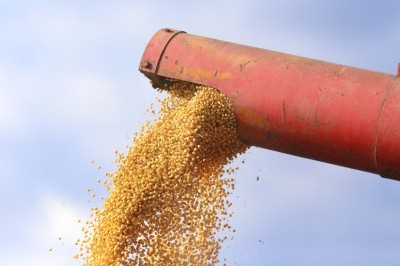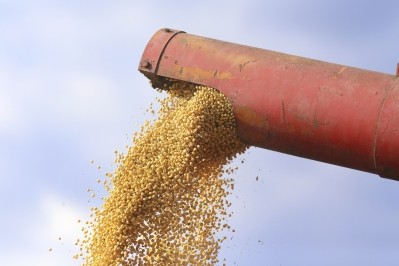EU imposes limits on commodity trading, opponents say new rules 'too permissive'

Last week saw MEPs vote for EU-wide regulatory standards on commodities and commodity derivatives markets that look to prevent market abuses and spikes in food prices.
The EU Commission proposal, drafted within the framework of the EU markets in financial instruments directive (MiFID II), had faced serious opposition from three Parliament groups – the Socialists and Democrats (S&D), the Greens–European Free Alliance (Greens/EFA) and the Confederal Group of the European United Left/Nordic Green Left (GUE/NGL).
The groups argued the draft rules had failed to impose sufficient restrictions on commodities trading on the financial markets.
However, a vote during the plenary session of the EU Parliament in Strasbourg last week (15 February) saw MEPs reject the objections raised by the alliance of Greens, GUE and S&D groups, so the rules stand. There can be no revision. "The text proposed by the Commission was adopted,” confirmed spokesperson for the EP, Dorota Kolinska.
Rules are 'too permissive'
Earlier this month, S&D group negotiator, Anneliese Dodds MEP, rounded on the Commission’s proposal.
"When MiFID II was approved, MEPs from all parties agreed that one of the law's major successes was a tough new regime to stop speculation in commodities markets from driving up food prices for people across Europe.
"Financial speculation on commodity exchanges is widely seen as one of the main causes of food price peaks in 2007-08 and 2010-11.
"For the last two years, I have been warning against the risks of this new regime being watered down when it comes to implementation. In the end, the Commission has only listened to some of our concerns. We want position limits on the commodities markets that are able to curb speculation. We believe that the methodology proposed by the European Commission is too permissive.”
An article from Bloomberg back in September 2016 had cited warnings from lobbying groups for the financial industry and commercial traders that the new rules would make it more difficult to use derivatives to hedge swings in commodity prices, leading to higher costs for consumers.
Commission stance
The Commission said the proposal looks to adopt regulatory standards that would define parameters for competent authorities to determine ‘position limits’ or, in other words, the maximum amount of commodity derivatives that can be held by a single trader.
The EU executive said such restrictions will help to limit commodity speculation, support orderly pricing and prevent market abuse.
The new rules also ensure that large non-financial firms trading a large amount of commodity derivatives are regulated under the MiFID II directive, said the Commission.
The aim is to prevent a concentration by individuals or groups that would allow them to exert an excessive influence on food prices.
In December 2016, Philip Hogan, EU Commissioner for Agriculture, said the regulation would ensure “the effective functioning of futures markets for agricultural products and offers the possibility to hedge risks."
Commenting at the same time, Valdis Dombrovskis, the bloc’s financial-services chief, said the rules, as proposed, would “contribute to better functioning commodities markets that work for the real economy while helping to deal with some of the problems we saw in the financial crisis.”












